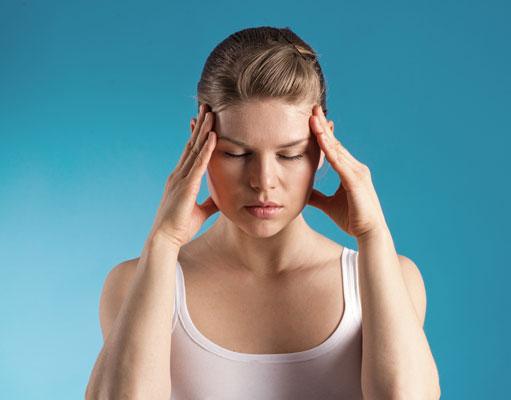You are here
Young blood: elixir of youth?
By AFP - May 05,2014 - Last updated at May 05,2014
PARIS – Young blood may hold the long-sought cure for the decline of the ageing brain, according to research which showed injections of juvenile mouse blood boosting learning and memory in older rodents, scientists said Sunday.
Multiple blood transfusions from three-month-old mice, the equivalent age of 20 to 30 years old in humans, yielded improvements in the brain structure and function of 18-month-old rodents –– about 56 to 69 in human years, a team wrote in the journal Nature Medicine.
“I think there is definitely something special within young blood that can improve many aspects of ageing,” study co-author Saul Villeda of the University of California School of Medicine in San Francisco told AFP.
“I think it is most warranted to now extend studies to ageing humans.”
Villeda and a team tested the older mice before and after the injections to compare their results in tests of learning and memory, governed by the hippocampus region of the brain.
One test measured their ability to remember cues indicating the position of hidden platforms in water, similar to having to recall physical landmarks to remember where you left your car in a parking lot –– a function that declines with age.
“Old mice administered young plasma could locate the hidden platform easier,” Villeda told AFP by e-mail.
The team also found changes in the structure of the brain –– an increase in the number of sites where neurons make connections.
“Our data demonstrate that exposure to young blood counteracts ageing at the molecular, structural, functional and cognitive levels in the aged hippocampus,” the study said.
It was not clear how long the benefits last.
Don’t try at home
The team claimed to be the first to show an effect of young blood on cognition, though other studies have demonstrated rejuvenating effects on adult stem cells.
For anyone tempted to experiment on their own, Villeda stressed the studies should be extended to humans in “a controlled” way.
“We still don’t know what doses or regimens might be needed,” he said.
“Studies to look for any potential risks are still under way and will be a consideration in moving forward in humans.”
Ageing is associated with a progressive decline in cognitive function and physical changes in the brain.
In humans and in mice, the hippocampus is particularly vulnerable to ageing.
“Considering the increase in the proportion of elderly humans, it is important to identify a means for maintaining cognitive integrity by protecting against, or even counteracting, the ageing process,” said the study.
Related Articles
A high-salt diet may spell trouble for the brain — and for mental performance — even if it does not push blood pressure into dangerous terri
French and German researchers on Wednesday said they had found evidence in the lab to back theories that drinking caffeine has a preventive effect on Alzheimer’s disease.
When it comes to mental health and cognitive function, the importance of rapid eye-movement (REM) sleep — that deep, restorative stage of sl


















